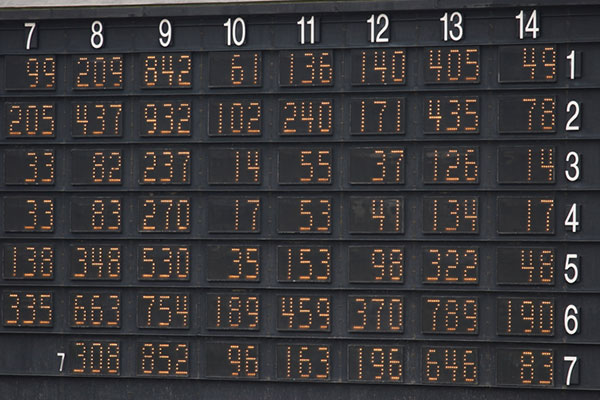The Value Revolution

What is the value revolution?
Don Scott, an Australian punting legend first coined the phrase “Value Revolution”.
Scott defined Value in horse racing as when a horse’s available price (with either bookmaker or TAB), was better than its “true price” (as calculated by Scott).
Any punter that obtains such value has a serious statistical edge over the rest of the market.
A statistical edge is when either a statistical event, such as a race winner, occurs more often than the market believes it should, or when the winner’s price is better than the market perceives it to be.
Imagine you were tossing coins with “Simple Simon” and you bet $1.00 that Heads would be tossed and Simon bets $1.00 that the outcome would be Tails.
In other words, if a Head is tossed, Simon pays you $1.00 (giving you a $2.00 payout), and if a Tail is tossed, Simon gets a $2.00 payout.
After 1,000 tosses, we all know that there would be approximately 500 Heads and approximately 500 Tails…but is very unlikely to be EXACTLY 500 and 500.
The outcome of the game is that both of you would be approximately square at the end of 1,000 tosses. This is called a Statistically Fair game because neither party has an edge.
It is ONLY possible to make a profit in a statistically UNFAIR or biased game.
This article discusses how to recognise a statistically unfair game, and how professionals capitalise on it when they find such an event.
